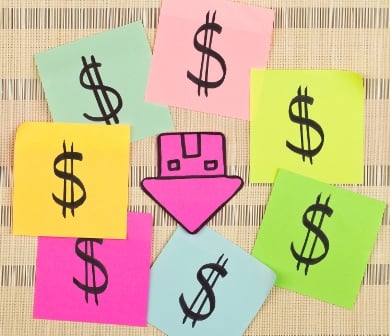The Fed’s decision to raise interest rates will be felt in the reverse space – but how severe will the shock be?

The Fed’s recent decision to hike the benchmark interest rate will have a mixed effect on the reverse mortgage space, experts predict.
Reverse borrowers who want a fixed-rate, one-time draw will probably see the effects the soonest, according to a report by Reverse Mortgage Daily. Rising interest rates could mean a lower principal limit. That could lead to a drop in reverse origination volumes as interest rates rise, Michael McCully, partner at New View Advisors, told RMD.
Higher interest rates also mean declining margins, which puts pressure on originators. Said Mike Gruley, executive vice president of reverse lending at 1st Nations Reverse.
“Eventually, in a higher interest-rate market, originators will have to make a competitive decision to either quote rates and margins that provide borrowers with the maximum funds at closing, or maintain their revenue margins by exceeding the floor,” Gruley told RMD.
But Shelley Giordano, chair of the Funding Longevity Task Force at the American College of Financial Services, counseled calm.
“I would say that it’s not a mortal blow to have higher interest rates,” she told RMD. “We’ve had higher interest rates over the years.”
Related stories:
Taking an early reverse mortgage could be beneficial
HUD releases final rule on HECM changes
Reverse borrowers who want a fixed-rate, one-time draw will probably see the effects the soonest, according to a report by Reverse Mortgage Daily. Rising interest rates could mean a lower principal limit. That could lead to a drop in reverse origination volumes as interest rates rise, Michael McCully, partner at New View Advisors, told RMD.
Higher interest rates also mean declining margins, which puts pressure on originators. Said Mike Gruley, executive vice president of reverse lending at 1st Nations Reverse.
“Eventually, in a higher interest-rate market, originators will have to make a competitive decision to either quote rates and margins that provide borrowers with the maximum funds at closing, or maintain their revenue margins by exceeding the floor,” Gruley told RMD.
But Shelley Giordano, chair of the Funding Longevity Task Force at the American College of Financial Services, counseled calm.
“I would say that it’s not a mortal blow to have higher interest rates,” she told RMD. “We’ve had higher interest rates over the years.”
Related stories:
Taking an early reverse mortgage could be beneficial
HUD releases final rule on HECM changes



